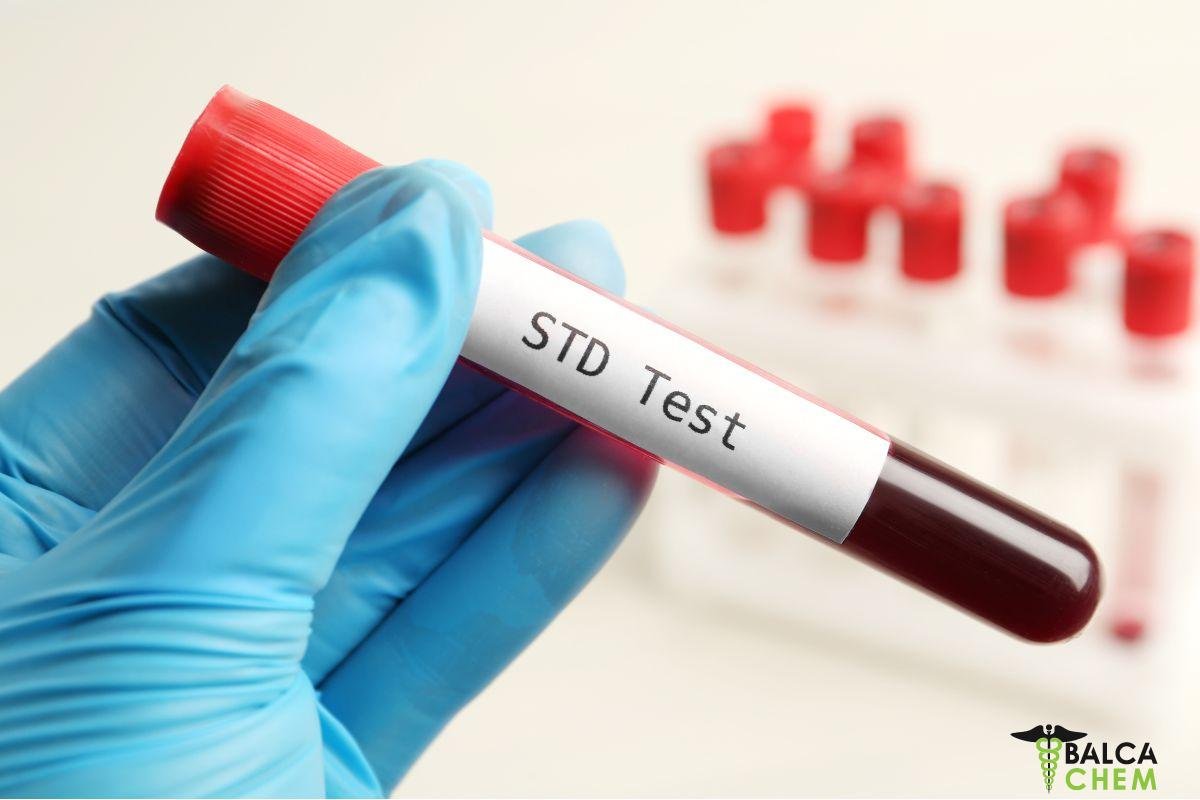
A Practical Guide to Free STD Testing
Taking charge of your sexual health is essential, and free STD testing provides a crucial way to do so without financial barriers. By understanding what free STD testing entails and how it works, you can make informed decisions to protect your health and the health of those around you.
This guide will walk you through everything you need to know about free STD testing—from its benefits and qualifications to the process and next steps after receiving your results.
What Is Free STD Testing?
Free STD testing allows individuals to access screening for sexually transmitted diseases (STDs) or sexually transmitted infections (STIs) without any associated costs. These programs often aim to reduce barriers, such as financial constraints, that prevent people from getting tested.
Healthcare providers, community clinics, nonprofit organizations, and government-funded programs typically offer free testing. These initiatives are especially vital for people without access to private healthcare or insurance.
Why Get Tested for STDs?
Regular testing is an essential part of maintaining your health. Here’s why you should consider it:
- Protect Your Health: Many STDs don’t have noticeable symptoms but can lead to serious health complications over time, such as infertility or chronic illness.
- Prevent Transmission: Knowing your status helps you make informed decisions and reduce the risk of spreading STDs to partners.
- Reduce Stigma: Getting tested normalizes the conversation around sexual health, encouraging others to do the same.
- Early Treatment: The sooner an infection is detected, the easier it is to treat or manage.
Remember, getting tested is not about shame; it’s about responsibility and self-care.
Where to Find Free STD Testing?
Finding free STD testing near you is relatively straightforward. Here are some resources to help:

- Community Health Clinics
Many local health centers offer testing as part of their public health services. Look for Planned Parenthood locations or federally funded community health clinics.
- Colleges and Universities
Most college health centers offer free or low-cost STD testing for enrolled students.
- Nonprofit Organizations
Nonprofits like The AIDS Healthcare Foundation frequently provide free testing initiatives, especially in urban areas.
- Public Health Departments
Your local public health department often runs programs or clinics that offer free testing resources.
- Mobile Clinics
Some organizations offer mobile services to reach underserved areas, providing free testing at community events.
Use tools like the CDC’s STD Clinic Locator or simply search online for “free STD testing near me” to find nearby options.
Who Qualifies for Free Testing?
Qualifications vary depending on the organization or program offering the free testing. However, many free clinics and programs target high-risk groups, including:
- Individuals without insurance
- Teenagers and young adults
- People with multiple sexual partners
- Individuals in underserved or low-income communities
- High-risk populations, such as men who have sex with men (MSM)
That said, many organizations provide resources to anyone who needs them, regardless of circumstances.
How Does STD Testing Work?
STD testing typically involves one or more of the following procedures, depending on the type of infection being screened for:
- Blood Test
Used to detect bloodborne infections, such as HIV or syphilis.
- Urine Test
Common for detecting infections like chlamydia and gonorrhea.
- Swab Test
A swab may be taken from specific areas like the throat, genitals, or rectum to check for infections.
- Physical Examination
Sometimes, visual checks are used to identify signs of infections like herpes or genital warts.
The process is often quick and minimally invasive, typically completed within 15 to 30 minutes.
Which STDs Are Tested for Free?
Free testing programs commonly test for the following STDs:
- Chlamydia
- Gonorrhea
- HIV/AIDS
- Syphilis
- Hepatitis B & C
- Human Papillomavirus (HPV)
- Herpes (when symptoms are present)
Some programs might offer screening for additional infections depending on the organization and its capacity.
Is Free STD Testing Confidential?
Yes! Confidentiality is a priority for all STD testing services, including free programs. Clinics and testing centers follow strict protocols to ensure your privacy.
- Anonymous Testing
Some locations also provide completely anonymous testing, where your name isn’t recorded at all.
- HIPAA Compliance
Facilities must adhere to federal privacy laws, ensuring your information won’t be shared without your consent.
Feel secure knowing that your results and personal health data are safe and private.
How Often Should You Get Tested?
The frequency of testing depends on your lifestyle and sexual activity:
- If you’re sexually active with multiple partners, it’s recommended to test every 3–6 months.
- Those in long-term, monogamous relationships should get tested once yearly, or any time a potential risk arises.
- For specific demographics, such as MSM or those with HIV-positive partners, more frequent testing may be advised.
Consult a healthcare professional to tailor a screening schedule that best fits your needs.
What to Expect During the Test?
Here’s a quick rundown of what typically happens:
- Pre-Test Counseling
A healthcare professional will ask about your sexual history to determine which tests are necessary.
- Sample Collection
This could involve providing a urine sample, blood sample, or swab.
- Wait Time
Results can take anywhere from a few minutes (rapid tests) to a week.
- Post-Test Counseling
The staff will explain your results and discuss treatment or next steps if needed.
Many clinics offer rapid HIV testing with results in just 20 minutes, minimizing wait times or anxiety.
Next Steps After Your Results
What happens after you receive your results depends on the outcome:
- Negative Results
Continue practicing safe sex and follow your screening schedule.
- Positive Results
Begin treatment promptly. Many clinics offer treatment or referrals for care.
Either way, knowing your status empowers you to make health-conscious choices. Open and honest communication with your partners is also key.
Take Charge of Your Sexual Health Today
Getting tested for STDs is a proactive step toward safeguarding your health. With free programs widely available, there’s no reason to delay. Take advantage of the resources listed, and get tested frequently to ensure peace of mind.
Whether it’s your first time or your tenth test, don’t hesitate to seek help and information from trusted local organizations or clinics. Share this post with friends, because the more we tackle this topic together, the healthier our communities will be. Find a free STD testing clinic near you and get tested today!





